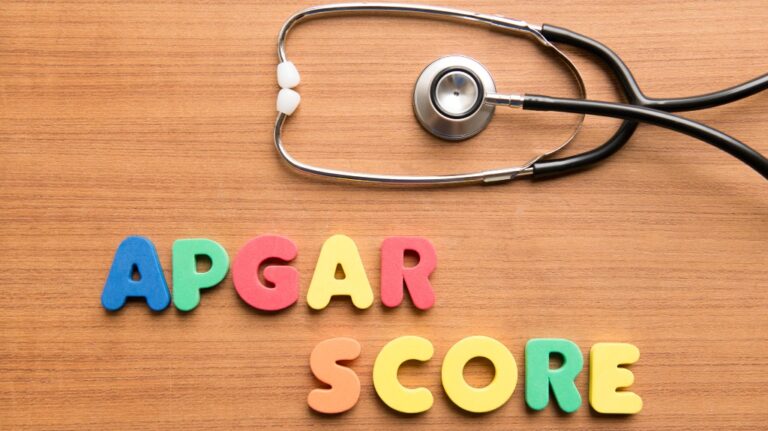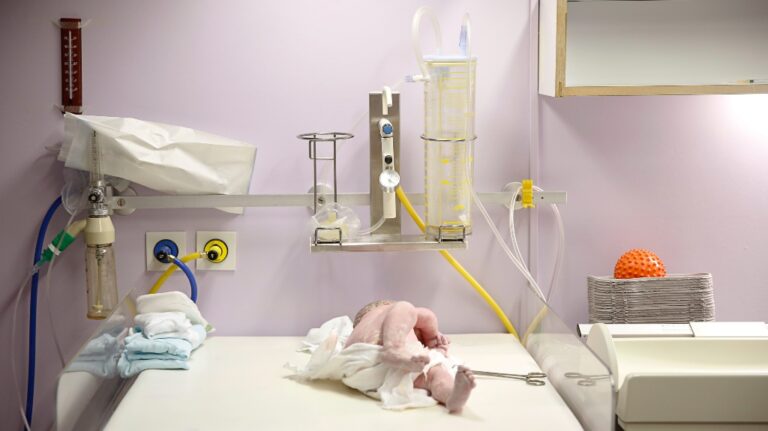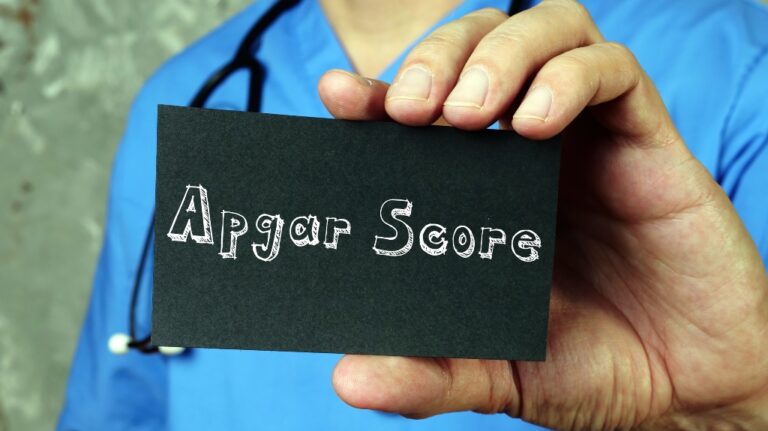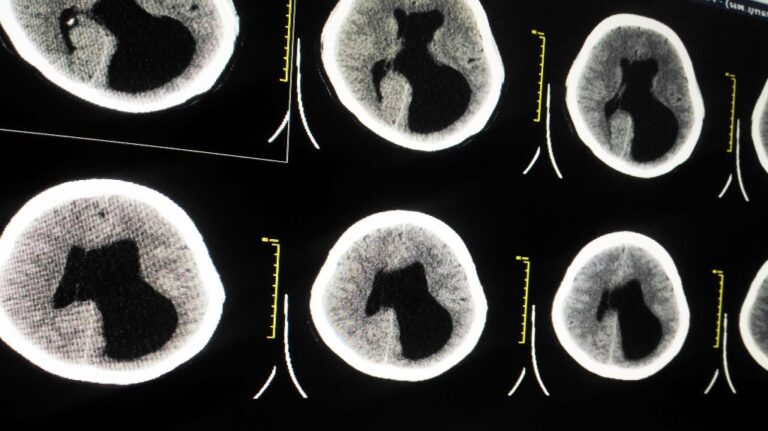Umbilical Cord Around the Neck (Nuchal Cord): When Does It Become Medical Negligence in Pennsylvania?
An umbilical cord wrapped around a baby’s neck is a condition known as a nuchal cord. It happens more often than most expect and in many cases, it causes no harm. But when a nuchal cord is ignored, mismanaged, or handled too late, the results can be devastating. In Pennsylvania, not every birth injury caused…










